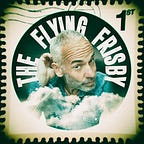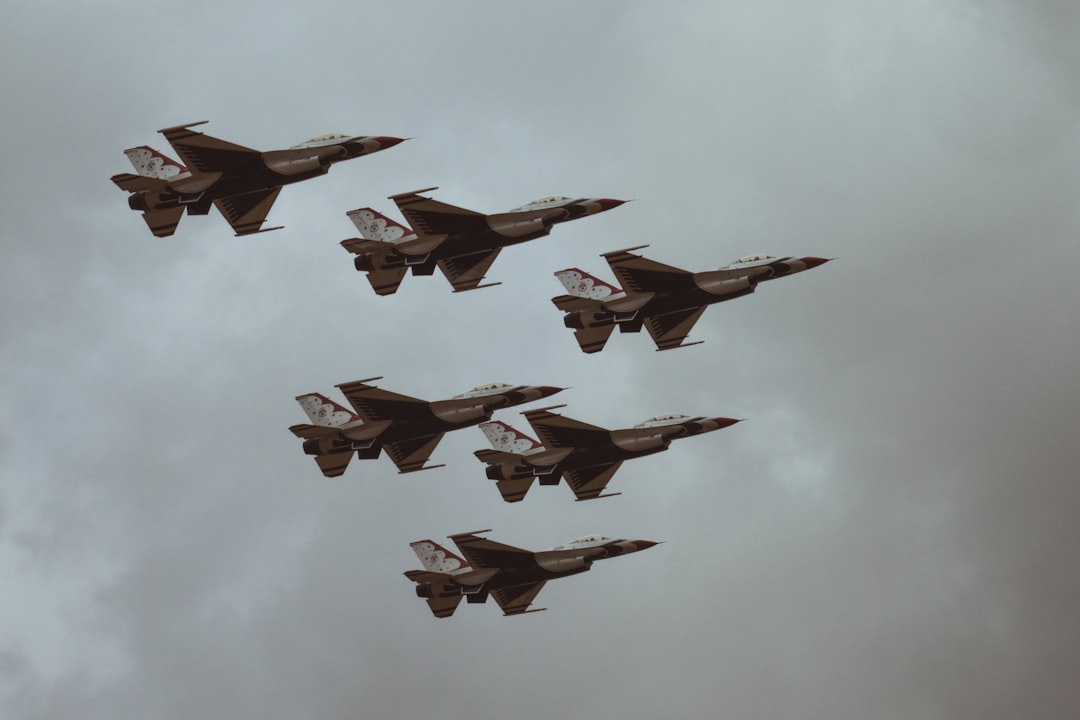Once upon a time, the business model of war was straightforward.
You attacked some neighbouring realm, overpowered it, then plundered and taxed the conquered people.
The Vikings were great pioneers of the model, as was Ancient Rome: it worked for as long as the empire kept expanding and Rome kept winning wars. When the expansion stopped, Rome had to replace the plunder with some other form of income. That’s when the currency debasement started.
Often, but not always, the conquerors built infrastructure - buildings, roads or train lines (in the case of the British) - they stabilised the currency and introduced functioning bureaucracies, leading to the common argument that the conquerors actually improved things, which in many ways they did.
The business model didn’t always function well, especially if the fight was ideological or, more importantly, if you lost. Europe “came second” in the Crusades and the grand part of the bill fell to the lowly European tax-payer. The various tithes of Henry II, Richard I and John, for example - with the Saladin tithe being the most famous - have gone down in history as some of the most punitive taxes ever imposed. There were even cowardice taxes, “scutage”, for those who didn’t want to go to war.
On the other hand, the Catholic Church and the papacy, which, broadly speaking, initiated the expeditions, made extremely good by the whole affair: the church experienced an enormous increase in wealth and power, the papacy especially.

Something changed with the great wars of the twentieth century. The Nazis may have vigorously pursued the traditional business model of war - to overpower, plunder and then tax. But the Allies emerged victorious and Britain, in particular, did not enjoy the spoils of victory that were enjoyed after the wars of previous centuries. There was little plunder, loot and taxation. Instead, the cost of the war fell on the British citizen.
Taxation in 1947 was three times as high as it was in 1938.1 The cost of living doubled between 1938 and 1951 - put another way, the pound lost 50% of its purchasing power.
The US supplied Britain with all sorts of essentials during the war and then after the war provided all sorts of credit. But it would not accept pounds as repayment, instead demanding gold or dollars. It took Britain two generations - 60 years - to settle the debt. Germany, on the other hand, had its debt written off in 1953. The British were not rewarded for their sacrifice.
Today, the US’s enormous military-industrial complex has had its coffers tremendously enriched by its various wars in Vietnam, Iraq, Afghanistan and elsewhere, and through America’s role as world policeman. From defence contractors such as Lockheed Martin and Boeing to oil giants, such as Halliburton, which benefitted from lucrative contracts gained in the aftermath, billions have been made. But who actually foots the bill?
Broadly speaking, there hasn’t been the “traditional” plunder and taxation of the newly conquered territories in the wars that the US nominally won, and it lost quite a few others. Some of the cost has been covered by the “exorbitant privilege” of the US dollar and the ability the US has to print and loan. But probably the largest portion of the cost of war falls on the US citizen, paid for in taxes.
Roughly 12% of total US government spending (21% of federal spending) - so roughly 12% of everything an American pays in tax - will go on what the US disingenuously calls defence (I don’t recall any nation actually invading the US).
That same citizen will be the one hit to get hit if/when those debt chickens come home to roost.
With the enrichment of the military-industrial complex, and the worship of many of those who operate in it, there are many parallels between today’s US war business model and that of the Crusades. Some large organisations are enriched and empowered by it, others pay.
You might say the current model is unsustainable, which would be true. But that doesn’t mean it can’t go on for a long time. The Crusades went on for two hundred years.
And what about the current war in Ukraine? At first glance, I suggest Russia was hoping for a traditional plunder-and-tax affair with its invasion. But Ukraine has since attracted vast support, the original source of which is the western tax-payer. I guess we have a blend of the two models.
West End gig alert!
This May, wearing my comedy hat, I’ll be coming back to Crazy Coqs in Brasserie Zedel for another night of “curious comedy songs”. That’s this May 7th. Please come if you’re in town. They are super nights.
AI and the Future
I recorded this 90-minute interview about AI the other day with Andy - super interesting - and it’s now available to free subscribers:
Gold
Interested in protecting your wealth in these extraordinary times? Then be sure to own some gold bullion. My current recommended bullion dealer is The Pure Gold Company, whether you are taking delivery or storing online. Premiums are low, quality of service is high. You can deal with a human being. I have an affiliation deals with them.
James Coffield, A Popular History of Taxation: From Ancient to Modern Times (1970) p178















